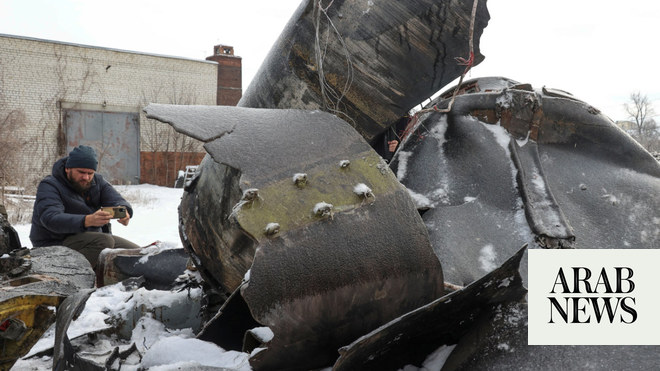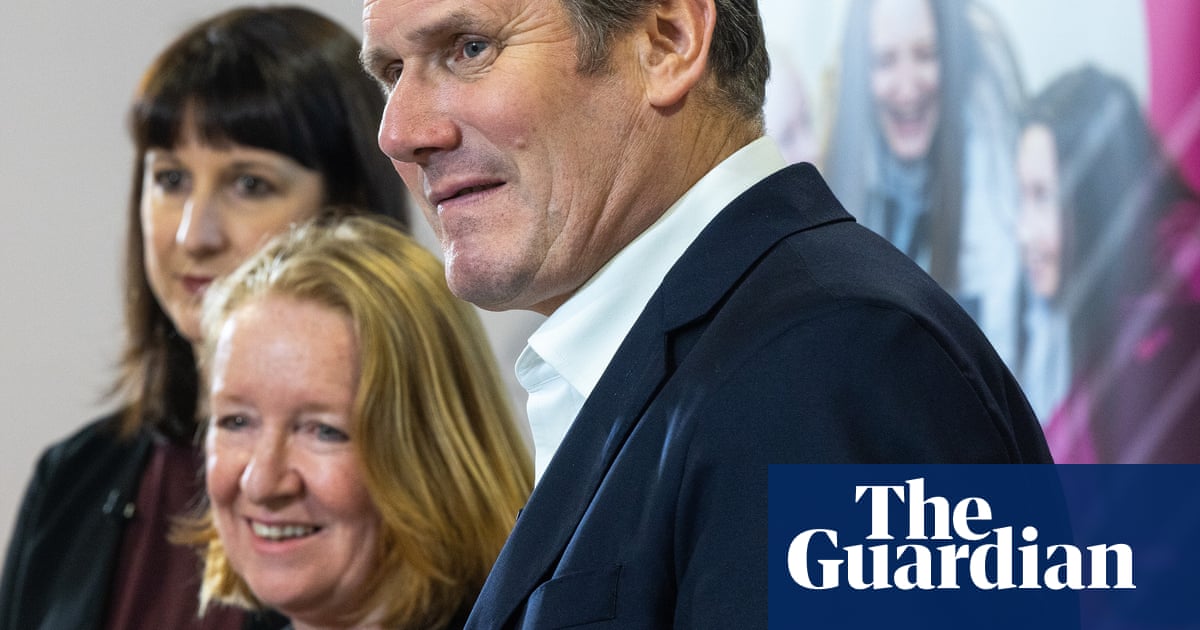
The greatest disaster to emerge from the war in Ukraine would be a collapsed Nato. For the prime minister, Keir Starmer, to be signalling confusion over British missile use shows how much he still has to learn.
Throughout the past two years, Nato’s efforts to avoid an east-west escalation along Russia’s border have been disciplined and impressive. With Vladimir Putin ruthless, unstable and isolated, cool heads have been vital. The muscular posturing of British defence chiefs in the past week – and of Starmer himself – has been senseless. It has merely fed the scepticism towards Nato of the possible next leader of the US, Donald Trump.
Anyone who watched this month’s BBC series on Ukraine’s president,
Volodymyr Zelenskiy, could only admire his courage and will to win. He is a truly impressive leader. But after more than two years, Ukraine’s war has mutated from one of national independence into a proxy conflict, economic and military, of the west against Russia. After its initial defeat of Russia’s invasion, Ukraine has been able, with considerable outside help, to resist Putin’s push westwards, but that has been its limit. As throughout history, Russia’s resources are ultimately overwhelming.
It is an open secret that Washington was surprised at Zelenskiy’s recent invasion of Russian territory, a publicity stunt when he should have been reinforcing his domestic frontline. Savage Russian reprisals were utterly predictable, with one raid killing at least 50 people, including army cadets. Now he wants to use British missiles to attack military targets deep into Russian territory. Germany has refused similar requests. The US, whose intelligence is needed for targeting, also says Ukraine cannot use its missiles to strike Russia.
Such an attack enabled by a Nato state might not lead to a nuclear response, though with Putin in place anything is possible. But it would surely provoke another blitzkrieg against Ukraine’s cities, and to what end? It would do no more than dent Putin’s armoury and confirm his claim that this is a war of the west against Russia. Moscow has missiles pouring in from Iran and North Korea.
This is a war of territory, not of terror and destruction, and it is approaching stalemate. Meanwhile, the US public is tiring of the fight. A study by the Pew Research Center showed a mere 18% of polled Americans wanted increased aid to Ukraine, with about half of Republicans saying there was already too much.
Nato at the moment is trapped. The economic war on Russia has been a disaster. It has sorely hurt western trade, sending energy and agricultural supply prices soaring. Sanctions have merely validated Putin’s claim that the war is the west against the east. They have freed him to strengthen Russia’s autocratic alliances around the world, and they have hugely increased its trade with Asia. By isolating Putin from contact with the west, sanctions have also kept him away from the negotiating back-channels and unofficial contacts that can be crucial in such crises.
This is precisely the moment when minor wars escalate into catastrophes. Muscles are flexed. Bombast overrules caution. Victory has the best tunes. Mediators are dismissed as appeasers. Nato was right to support Zelenskiy’s defence of his country’s independence, but it is clearly also right to resist his defensive aggression.
There has to be a peace treaty in Ukraine, presumably along the lines of the failed Istanbul talks in 2022. That Putin agreed to those talks showed he knew his invasion was a mistake. Now an armistice line must be drawn and policed. Western politicians eager to pose as tough guys do peace no service by promising to back Zelenskiy to total victory. They know perfectly well that such a victory is impossible. The only question is how much death and destruction must continue in the meantime. London’s display of machismo is no help.
Simon Jenkins is a Guardian columnist












